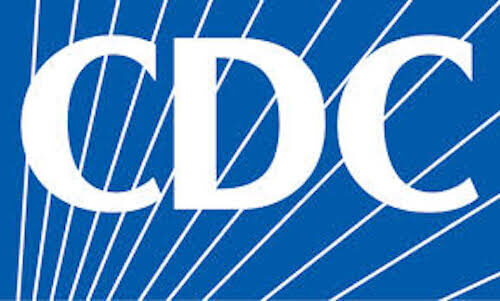Senior Epidemiologist, CDC – Dengue Branch
Category : Alumni
Background
Chikungunya, dengue, yellow fever, Zika and other viruses transmitted by mosquitoes are serious health threats in the U.S. and globally. The public health response to the spread of these arboviruses throughout the tropics, where their mosquito vectors thrive, has been hampered by a lack of sustainable and effective interventions to prevent arboviral infections at the community level. The Dengue Branch Epidemiology Team has a history of innovative research with broad implications for prevention and control of these diseases locally within Puerto Rico, in the continental United States, and internationally. The Dengue Branch provides a unique opportunity for learning the skills needed to conduct interdisciplinary applied public health research in an endemic setting including studies of vectors, interventions, clinical management, and surveillance. Areas of past and active research include:
- The Sentinel Enhanced Dengue Surveillance System (SEDSS) is a facility-based surveillance system for acute febrile illness designed to better understand the immune response to dengue, develop and evaluate diagnostic assays, evaluate efficacy and effectiveness of vaccines and monitor trends in the leading causes of fever in Puerto Rico.
- The Zika Virus Persistence (ZiPer) cohort study, estimated the frequency and duration of Zika virus (ZIKV) in various body fluids. The study findings informed CDC recommendations on diagnostic testing, screening of pregnant women and recommendation to prevent sexual transmission. During the Zika outbreak a case- control study was also done to demonstrate a strong epidemiologic linkage between acute ZIKV infection and GBS.
- Communities Organized for the Prevention of Arboviruses (COPA) project is an established community-based research platform in southern Puerto Rico. The aims of this project include to annually assess arboviral infection incidence and prevalence and evaluate the epidemiological impact of a novel vector control strategy to reduce infections with arboviruses.
- We conduct models to elucidate the relationship between surveillance data, incidence of infection, incidence of severe disease, and epidemic risk.
- We provide technical assistance to states and territories and support to international partners during dengue outbreaks.
Duty Location
San Juan, Puerto Rico
Responsibilities
- Lead the design and implementation of epidemiological research and surveillance.
- Identify and analyze public health issues and their impact on public policies or
- epidemiological studies or surveys.
- Present research and surveillance findings at internal and external meetings and lead peer-reviewed publications.
- Serve as a national or internationally recognized consultant on arboviruses epidemiology, surveillance and prevention.
- Evaluate data collection, quality control, and data utilization methods used to study epidemiological problems and issues.
- Identify appropriate methods to identify, treat or resolve various clinical and medical problems.
- Oversee outbreak investigations and provide technical assistance to national and international partners.
Qualifications
- Doctoral degree in epidemiology, medicine, veterinary medicine or related field.
- Demonstrated skill in analyzing data from studies and projects.
- Advanced experience using statistical software (SAS, R).
- Experience in writing and communicating research or surveillance findings.
- Demonstrated skill in successful communication and collaboration with multidisciplinary team and external partners.
- Demonstrated ability to handle multiple priorities in a fast-paced work environment.
How to Apply
- For questions contact Gabriela Paz-Bailey at gmb5 [at] cdc [dot] gov.
- To be considered, please click here to apply at USAjobs
- Job posting closes March 18th, 2020
